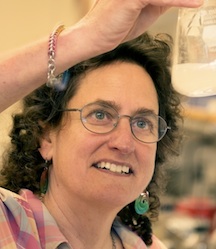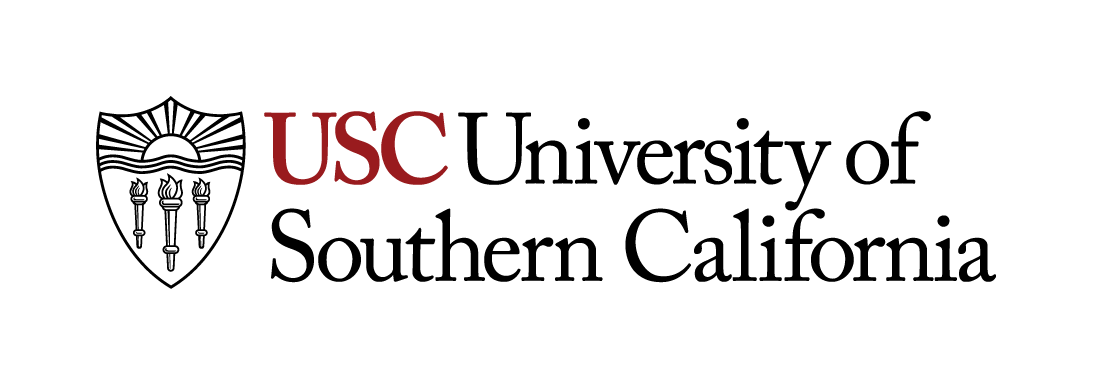
Susan Forsburg
Susan Forsburg did her AB at UC Berkeley, her PhD at MIT, and her postdoc at ICRF/Oxford. She started her lab at the Salk Institute in 1993, and moved to USC in 2004. Her research uses a yeast model system to investigate genome instability following DNA replication stress.
Forsburg is an expert in the genetics of the fission yeast S. pombe, a model organism particularly useful for fundamental studies in chromosome biology, genome stability, and the cell cycle. Her work examines mechanisms that maintain genome stability during DNA replication, using molecular and cell biology and genetics approaches. A feature of her work is the use of extensive live-cell imaging. In addition to her research in this field, she built and maintains the primary S. pombe web site, pombe.net.
Forsburg has over 30 years experience as a PI, leading a team of postdocs, PhD students, technicians, and undergraduates. She has a strong record of continuous independent funding from NIH, NSF, the American Cancer Society, and the Leukemia & Lymphoma Society, and over 100 publications in the literature.
Complementing her research, Forsburg is a highly rated lecturer and recipient of the USC Associates Award for Teaching (the university's highest teaching honor). She served as head of the USC graduate program in Molecular Biology and now directs a progressive MS degree. She was also program director of an NIH T32 Training Grant in Chemical Biology.
In external service, Forsburg is a senior editor of the journal G3: Genes, Genomes, and Genetics. She is active in several professional societies. She has served as a regular panelist for NIH, The American Cancer Society, and the Leukemia & Lymphoma Society grant review panels, and on council for the ACS.
Forsburg is a tireless advocate for women in science and has received numerous awards for her service and mentorship, including the Nature Publishing Mentoring Award in 2016.
She is an elected fellow of the American Association for the Advancement of Science, the Association for Women in Science, the California Academy of Sciences, the American Academy of Microbiology, and the American Society for Biochemistry & Molecular Biology.

